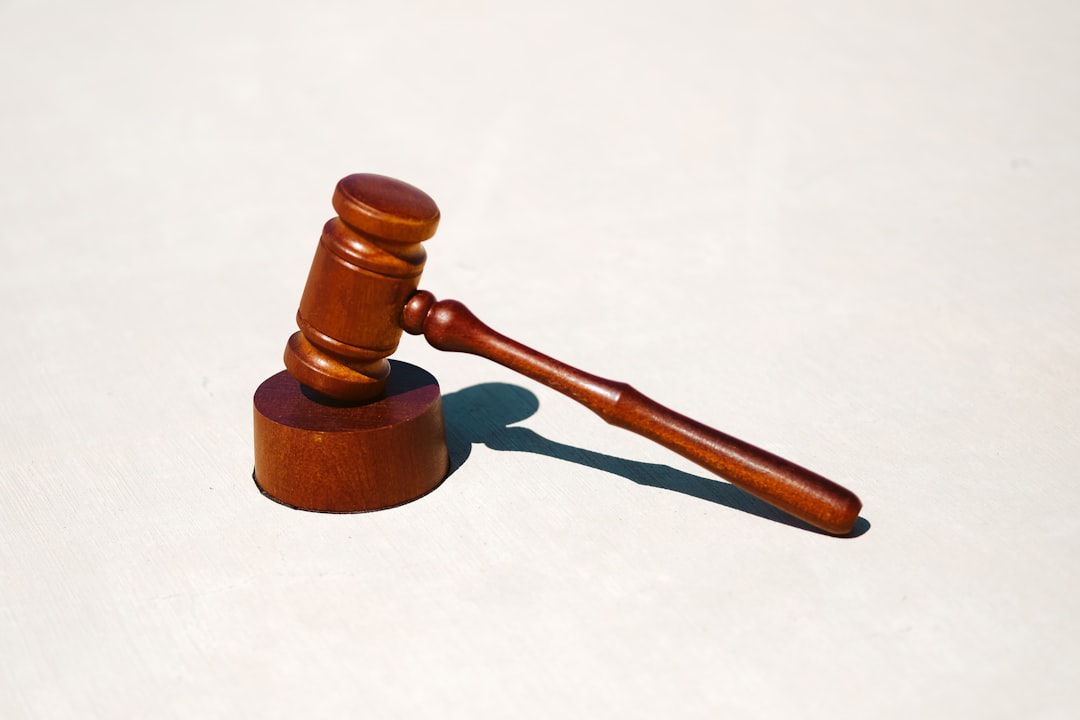In New Jersey, the admissibility of repressed memory testimony in sexual abuse cases is a complex legal issue. Courts vary in their acceptance due to concerns about reliability, with some districts allowing corroborated testimony while others remain skeptical. Sexual abuse lawyers and attorneys navigate these challenges, relying on expert psychological evidence to argue for admissibility and protect victims' rights without compromising defendant's rights. Effective navigation requires collaboration with experienced sexual abuse law firms in New Jersey to ensure ethical practices and scientific rigor in handling such sensitive cases.
“In the complex landscape of sexual abuse litigation, understanding repressed memory testimony is a pivotal aspect for sexual abuse lawyers in New Jersey. This article explores the admissibility of such evidence, particularly in Camden, through a legal lens. We delve into the current state of repressed memory expertise in the state and navigate the challenges faced by sexual abuse attorneys when presenting this sensitive testimony. For victims seeking justice, these considerations are crucial, especially when engaging experienced sexual abuse law firms in New Jersey to ensure fair representation.”
Understanding Repressed Memory Testimony: A Legal Perspective
Understanding repressed memory testimony is crucial in the context of sexual abuse cases in New Jersey. Repressed memories refer to experiences that have been consciously forgotten due to trauma, yet may surface under certain conditions. In legal terms, this complex issue often arises in sexual assault trials where victims allege historical abuse. The admissibility of such evidence requires a meticulous approach, balancing the potential reliability of repressed memories against their vulnerability to suggestion and false recollection.
Sexual abuse lawyers in New Jersey, along with sexual abuse attorneys and law firms across the state, navigate these nuances. They must be adept at evaluating psychological testimony related to repressed memory and presenting robust arguments regarding its admissibility. The goal is to ensure that justice is served while protecting the rights of both victims and defendants, especially considering the sensitive nature of such claims. This involves a deep understanding of evidentiary rules and the latest research in memory science.
The Current State of Repressed Memory Expertise in New Jersey
In New Jersey, the admissibility of repressed memory testimony in criminal cases, especially those involving sexual abuse, has been a subject of legal debate and ongoing development. While experts in trauma and memory have made significant strides in understanding repressed memories, their admissibility in court remains complex. This is particularly relevant for sexual abuse lawyers New Jersey and sexual assault lawyers New Jersey who frequently encounter cases where victims allege repressed memories of trauma.
The current state of repressed memory expertise in the state varies among judicial districts. Some courts have shown a willingness to accept expert testimony regarding repressed memories, especially when corroborated by other evidence. However, others remain skeptical due to concerns about the reliability and validity of such memories. As a result, victims of sexual abuse who seek justice in sexual abuse law firms New Jersey may face challenges when presenting this type of evidence, highlighting the need for further clarification and standardization in handling repressed memory cases.
Navigating Challenges: Admissibility and Ethical Considerations for Sexual Abuse Cases
Navigating Challenges: Admissibility and Ethical Considerations for Sexual Abuse Cases
In New Jersey, the admissibility of repressed memory testimony in sexual abuse cases presents unique challenges. This is particularly true when dealing with sensitive issues like childhood sexual trauma. Experts in this field must be prepared to address potential objections from defense attorneys who may argue that such memories are unreliable or fragmented due to the passage of time and emotional suppression. Sexual abuse lawyers in New Jersey often rely on qualified professionals, such as psychotherapists and forensic psychologists, to provide expert testimony that supports victims’ claims. These experts play a crucial role in helping courts understand the complexities surrounding repressed memories, especially in cases where there may be no physical evidence or eyewitnesses.
Ethical considerations further complicate these matters. Attorneys representing sexual abuse victims must ensure that the methods and conclusions of repressed memory experts meet the standards of professional ethics and scientific rigor. This includes careful screening of potential witnesses to guarantee their qualifications and impartiality. Moreover, lawyers should be adept at navigating the delicate balance between presenting compelling evidence and respecting the privacy and well-being of the client. By collaborating closely with experienced sexual abuse attorneys or law firms in New Jersey, victims can navigate these challenges effectively, seeking justice while upholding the highest ethical standards in legal representation.






